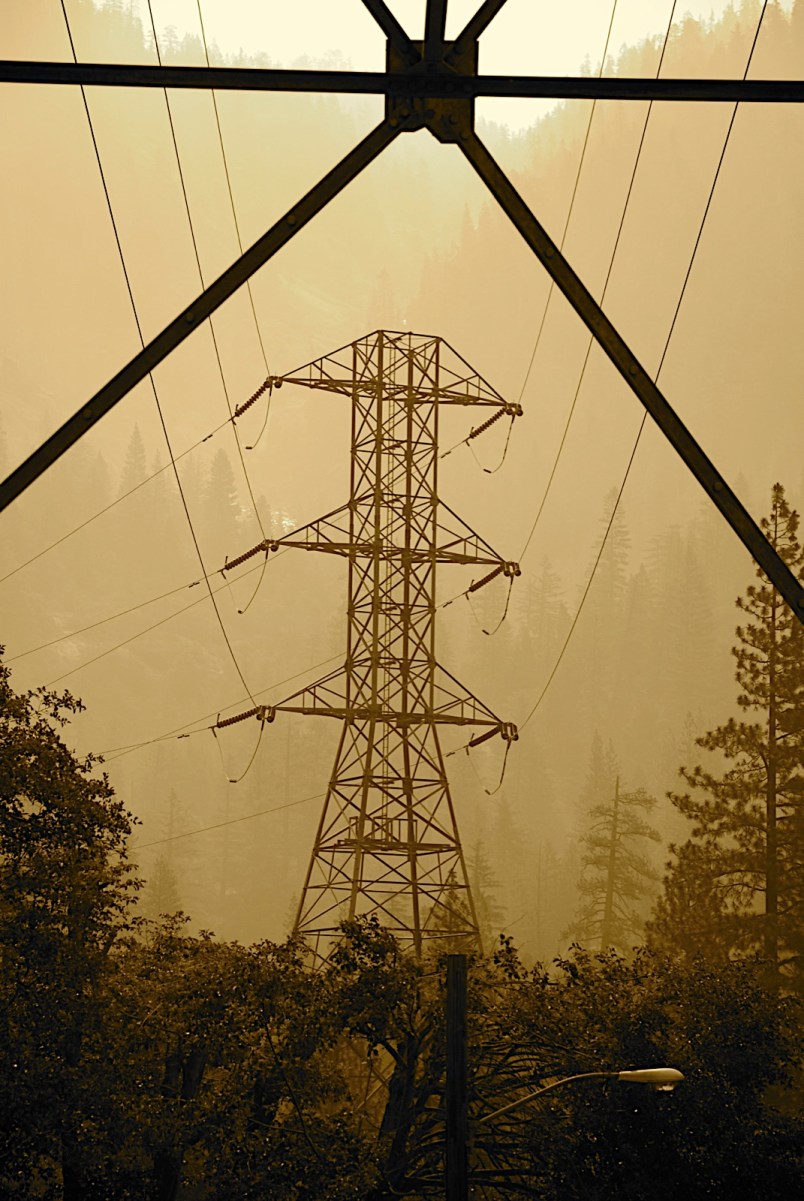Lately, we’ve been documenting the exodus of companies from the Chamber of Commerce over its opposition to serious efforts to address global warming.
But as the Senate gets set to take up climate change legislation, already passed by the House, there’s a larger question behind the Chamber’s woes: What’s motivating energy-sector companies on both sides of the issue, and how are their positions affecting the debate on Capitol Hill?
Experts stress that, even within the utility sector, a range of factors drive companies in different directions. Perhaps the most important is to what extent the utility has already begun to shift away from carbon-intensive fuels — oil, coal, and natural gas — toward renewable sources. Thus, Exelon — which was an early mover on de-carbonization, divesting itself of its coal-fired capacity over ten years, and becoming one of the leading providers of nuclear energy — left the Chamber recently and supports efforts to pass strong legislation. Meanwhile, Southern Company, still heavily oriented around fossil fuels, remains a Chamber member, and did not support the House bill.
Another key factor is the existence of different regulations in different states. PG&E, another refugee from the Chamber, is responding in part to the fact that California, where it operates, has in place a very strong renewable portfolio standard, requiring utilities to make a significant shift over to renewable sources in the coming years. As a result, national legislation would actually be helpful for PG&E, in part because it would make things easier to attract developers and capital for new projects.
Indeed, for companies like PG&E, Exelon, and Duke Energy, Congress’s approach doesn’t move fast enough. Having made strides to convert to renewables, says Michael Zimmer, a lawyer and energy policy expert at Thompson Hine in Washington, D.C., they’d like to see new standards kick in by the end of the next decade at the latest. “They’ve made the institutional decision [to shift to cleaner fuels]” says Zimmer. “So why should that be delayed or impeded by a postponement until 2025 or 2030, which is what the House and Senate bills do?”
By and large, most utilities have gotten the provisions that are most important to them into the bill. That wish list includes support for clean coal technology; support for nuclear power — which was largely absent from the House bill, and could help win Republicans over; flexibility in terms of which renewables can be used; and long-lasting carbon emission permits, given for free, in order to protect rate-payers from price hikes.
“They negotiated the deal they wanted and are now largely supporting the bill,” says Jesse Jenkins, an expert on energy and climate change at the Breakthrough Institute, a progressive policy think-tank. “This is the PG&E, Duke Energy, GE bill. It’s questionable whether it’s even the environmentalists’ bill anymore.”
That support, in turn, could significantly boost the bill’s chances of passing. Says Tony Kreindler of Environmental Defense: “The fact that the utilities have come around generally has changed the face of this debate in DC.”
Electricity companies, too, have “undergone a fairly significant policy shift on climate,” says Kreindler. The Edison Electric Institute, a trade group of electricity companies, has worked constructively to draw up a plan for the value of emissions permits.
Of course, it’s a different story with fossil-fuel suppliers — that is, coal, oil, and gas companies. Coal is the most carbon intensive fuel, and the coal industry, in particular, remains strongly opposed to efforts to reorient energy policy around cleaner sources — as the controversy over those forged letters, sent on behalf of a coal-industry lobbying group, illustrated.
But others are beginning to see the writing on the wall, calculating that change is coming eventually, and it makes sense to have a seat at the table. BP, Conoco-Philips and Shell are all members of the U.S. Climate Action Partnership, an industry-environmental alliance that’s working to shape the legislation.









